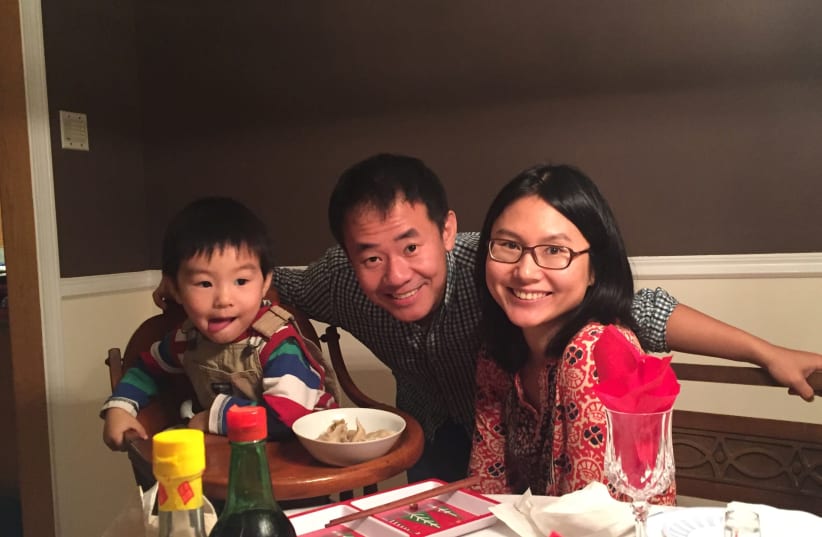In July, US President Donald Trump warned that Iran would face "new and serious consequences" unless all "unjustly detained" American citizens were released and returned.
Tehran prosecutor Abbas Jafari Dolatabadi identified the four as Princeton University student Xiyue Wang, Iranian-American businessman Siamak Namazi and his elderly father Baquer and Nizar Zakka, a Lebanese citizen with permanent U.S. residency, the judiciary's official news website reported.
In Washington, Jared Genser, a lawyer for the Namazis, said in a statement carried by US media last week that their family was informed that a Tehran court had upheld the convictions days earlier.
Earlier in August, Princeton University and the wife of Wang, a history doctoral student and US citizen, said they had been informed that Iranian authorities had denied the appeal.
Wang was conducting dissertation research in Iran in 2016 when he was detained and charged with "spying under the cover of research," an accusation his family and university denied.
Iran sentenced Zakka, a Lebanese citizen with permanent US residency, to 10 years in prison and a $4.2 million fine in 2016 after he was found guilty of collaborating against the state, according to his US-based lawyer.
Zakka, an information technology expert, had been invited to Iran by a government official a year earlier, but then disappeared after attending a conference in Tehran.
